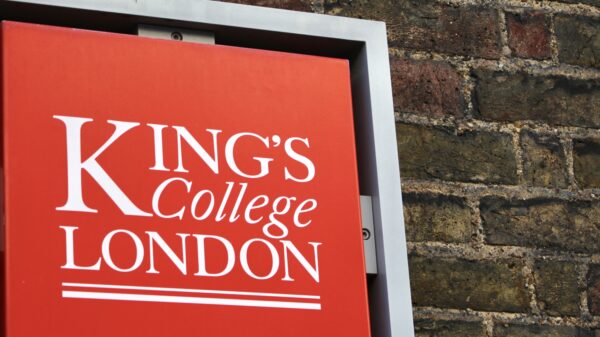This analysis first appeared in print on 22 September 2025, alongside Roar’s investigation into KCLSU’s NUS dispute.
The unfolding conflict at King’s is a symptom of a deeper crisis of legitimacy for the NUS.
After a damning report exposed institutional antisemitism at the NUS, the Union rightfully took steps to protect Jewish students. Still, its response to pro-Palestine activism suggests that many students now feel their voices are stifled rather than heard. Ironically, the NUS risked excluding Jewish signatories to the open letter from the Lead and Change conference on grounds of alleged antisemitism.
As home tuition fees rise again this year to an all-time high, and the cost of living crisis pushes many students perilously close to homelessness, one must question whether the NUS has made any meaningful impact over the past decade.
Alex Stanley, Vice President Higher Education at NUS England, encapsulated the issue in an interview with The Cheese Grater last year, “The biggest issue facing the NUS is a crisis of engagement […] We need a Union that’s mobilised, that’s campaigning, and that wins. And we currently don’t have that.”
Stanley’s comments are borne out by the reality that the campaigning power of the NUS has fallen significantly in recent years. The Union no longer has an official relationship with the government, which now opts to consult on education policy with panels of individual students.
So what does NUS membership provide, if it no longer effectively advocates for the issues important to students? Is 25% off National Express coach tickets enough recompense for the £37,500 annual membership fee?
However, how easily can KCLSU untangle itself from an organisation of which it was a founding member? An NUS referendum may echo the spirit of Brexit, but a ‘KExit’ could prove just as complicated and contentious as separating the UK from the EU.
One point is clear: the NUS’ heavy-handed approach to a campaign enjoying broad support across student unions was a catastrophic misstep, one that may cost the Union both its credibility – and its members.


















